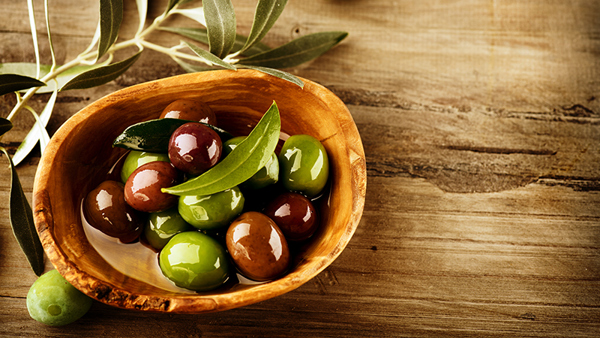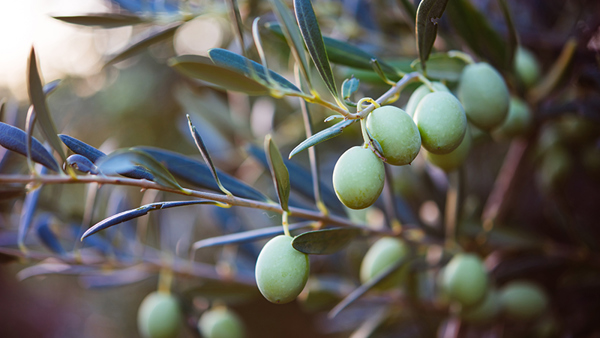Yates Account
Join now
Create a Yates account today!
Sign up to join the Yates Garden Club for monthly e-mails packed with seasonal inspiration, tips for success & exclusive promotions.
Plus if you’re a Garden Club member you can take part in the Yates Growing Community - a blog to share successes, get advice & win prizes in fun challenges along the way!

Forgot password
Enter the email address associated with your account, and we'll email you a new password.

How to grow Olives in a garden
- Choose a sunny spot with well drained soil. Enrich the soil with Yates Dynamic Lifter Organic Plant Food.
- Check the soil pH with a soil pH test kit. Olives prefer a slightly alkaline soil between 7.0 and 8.0. If the pH is lower than 7.0, to raise the soil pH apply Yates Hydrangea Pinking Liquid Lime & Dolomite.
- Dig the planting hole twice as wide and to the same depth as the root-ball.
- Remove the plant from the container, gently tease the roots and cut away any circled or tangled roots, then position in hole and backfill.
- Form a raised doughnut shaped ring of soil around the outer edge of the plant's root zone. This helps keep water where it's needed. Always water in well after planting to settle the soil around the roots.
- Mulch around the base with organic mulch like bark chips, woodchip or pea straw, keeping it away from the trunk.
- Water deeply, once every 2-3 days, depending on weather conditions. Once established, water deeply once two weeks.
- During the growing and flowering/fruiting season, feed with Yates Thrive Citrus & Fruit Granular Plant Food. TIP: for an added boost during the flowering/fruiting season, apply Yates Thrive Citrus Liquid Plant Food.
- Harvest fruits once they start to soften slightly. Do not pick if too hard.
- Process then cure as desired shortly after harvesting from the tree.


How to grow Olives in a pot
If you don’t have a garden or you’re short on space, you can still grow olives. They will happily grow in large pots – just make sure they have plenty of sunshine and good drainage. Avoid planting in self-watering pots.
- Choose a pot at least 600mm wide. Position in full sun and fill with quality potting mix, such as Yates Premium Potting Mix.
- Remove the plant from the container, gently tease the roots and cut away any circled or tangled roots.
- Position in pot and backfill with potting mix, gently firming down. Water in well.
- Water deeply, once or twice a week, depending on weather conditions.
- During the growing and flowering/fruiting season, feed with Yates Thrive Citrus Liquid Plant Food. Throughout the year, apply Yates Thrive Fish Blood & Bone Plant Food Concentrate.
- Harvest fruits once they start to soften slightly. Do not pick if too hard.
- Process then cure as desired shortly after harvesting from the tree.
- Occasionally apply Yates Hydrangea Pinking Liquid Lime & Dolomite to help keep the soil pH sweet/alkaline. Olives prefer a slightly alkaline soil between 7.0 and 8.0.

Growing tips
-
Cool winters are needed for flower bud initiation. Flowers which develop both male and female parts are called ‘perfect flowers’ are self-fertile and will bear fruit when pollinated. However, in less ideal conditions, some flowers will only develop male parts and as such will not produce any fruit.
- To encourage formation of ‘perfect’ flowers, feed well before and during flowering. You can also improve pollination by planting another olive tree nearby.
- Popular varieties include: ‘Kalamata’, ‘Mazanillo’, and ‘Picual’.
- In the first couple of years, prune to encourage an open vase-shape; this will assist with air and light flow.
- Prune and remove any dead, diseased or damaged branches as they occur.
- Prune in winter for a more formative/shaping prune.
















Share
Share this article on social media